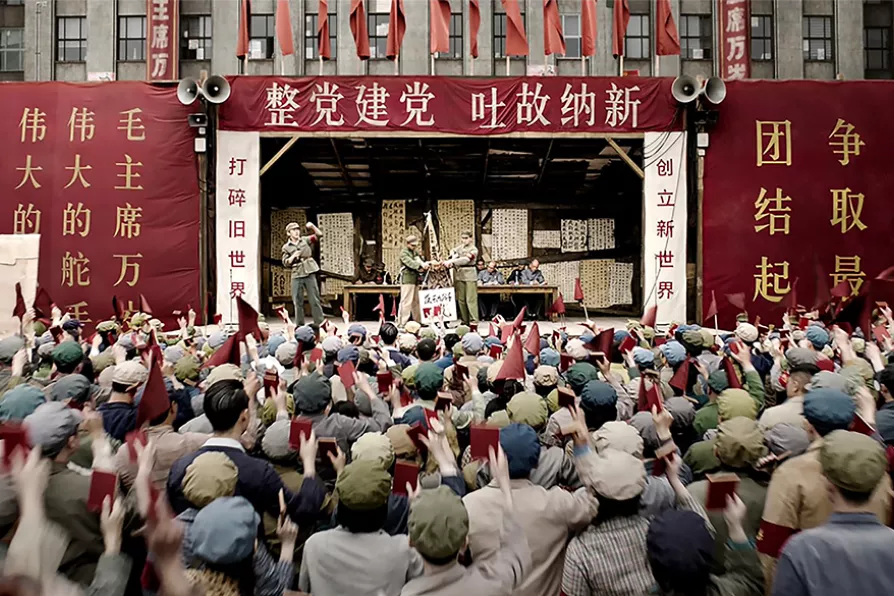GORDON PARSONS applauds a marvellous story of human ingenuity and youthful determination, well served by a large and talented company

 THE JUNGLE: misrepresenting the Cultural revolution in the 3 Body Problem
[IMDb]
THE JUNGLE: misrepresenting the Cultural revolution in the 3 Body Problem
[IMDb]
IN Culture and Imperialism, Palestinian scholar Edward Said, in a magisterial study, details how the great works of Western literature are part and parcel of the fabric of imperial domination of the West’s, and in this case particularly Britain’s, exploitation of what is sometimes called the global South. Said speaks primarily of the 18th through the 20th centuries, from the “menace” of Sherlock Holmes’s Asian villains rematerialising in the imperial centre of London to the barely acknowledged Caribbean plantation, source of the wealth in the Bronte novels.
That mindset endures and is interwoven into the fabric of Western television entertainment, be it in the BBC One series The Driver, recently adapted for American TV as Parish, which highlights the savagery of the gangsters from the former British colony of Zimbabwe, to the supposedly more sophisticated treatment of another former partly colonised territory, China, in Netflix’s spring TV blockbuster The 3 Body Problem.
The series was adapted for Netflix by Game of Thrones creators David Benioff and DB Weiss from the trilogy by Chinese science fiction writer Liu Cixin.

Peter Mitchell's photography reveals a poetic relationship with Leeds












